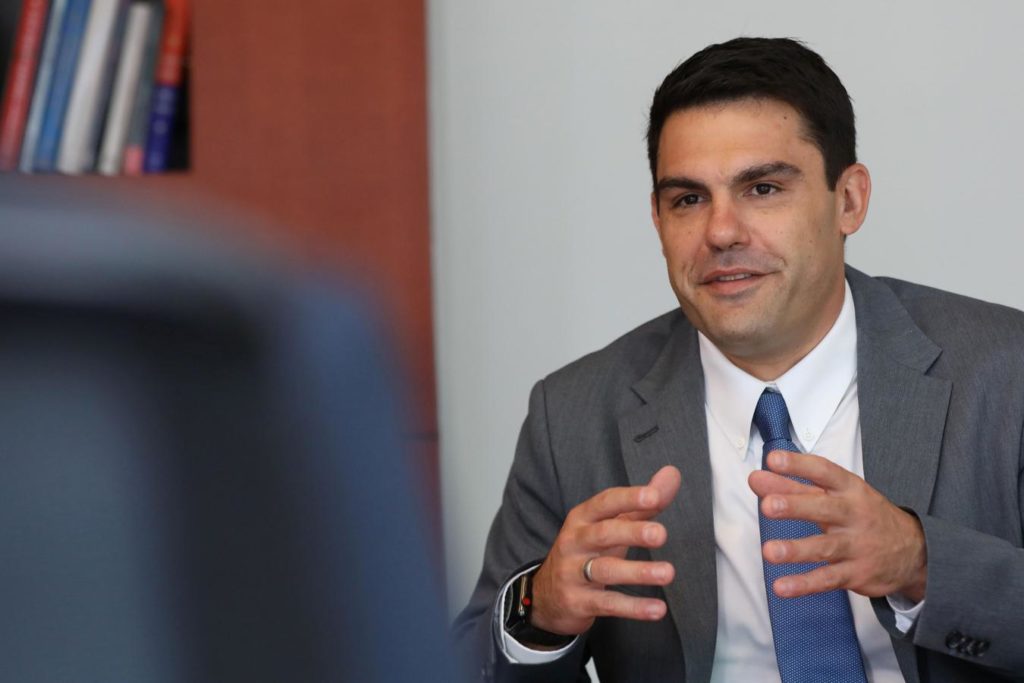Dec 7 – The United States should produce and export more natural gas to tackle climate change, the country’s top producer EQT Corp EQT.N said in response to U.S. Senator Elizabeth Warren’s recent criticism of the energy sector for spiraling gas prices.

“LNG exports have the potential to be the biggest green initiative on the planet,” Chief Executive Toby Rice said on Tuesday as it could replace dirtier fuels like coal.
Last month, Senator Warren had written to 11 of the nation’s big gas producers asking them to explain their decision to export record amount of heating fuel, while imposing massive prices increases on consumers who are struggling to pay their bills.
Natural gas futures NGc1 have this year shot up to levels not seen since 2014 as a return to pre-pandemic activities and stockpiling in Asia and Europe ahead of winter drove up energy demand faster than supply.
Warren’s letter to companies including EQT, Exxon Mobil XOM.N, ConocoPhillips COP.N and Occidental Petroleum OXY.N had expressed concern over the extent of price increases and accused them of “corporate greed and profiteering”.
However, EQT CEO Rice called her concerns as “misguided” and said it is because of the shale gas boom and companies like EQT that the U.S. consumer continues to benefit from some of the lower natural gas prices in the world.
“The average price of natural gas for 2021 is significantly below the 20-year average of approximately $5.70 per mcf (thousand cubic feet),” he said.
“Yes, the price of natural gas has increased rapidly relative to 2020, but natural gas prices in 2020 were the lowest in over two decades.”
Warren had said the gas producers are putting their massive profits, share prices and dividends for investors, and millions of dollars in CEO pay and bonuses ahead of the needs of American consumers.
Shale producers have been putting their profits into dividends and shares buybacks, rather than investing in production, under increased investor pressure as years of supply additions had hurt prices.
[contextly_sidebar id=”BkKf892GKi3sb3jpJDcl2SN0ptN9l93V”]



